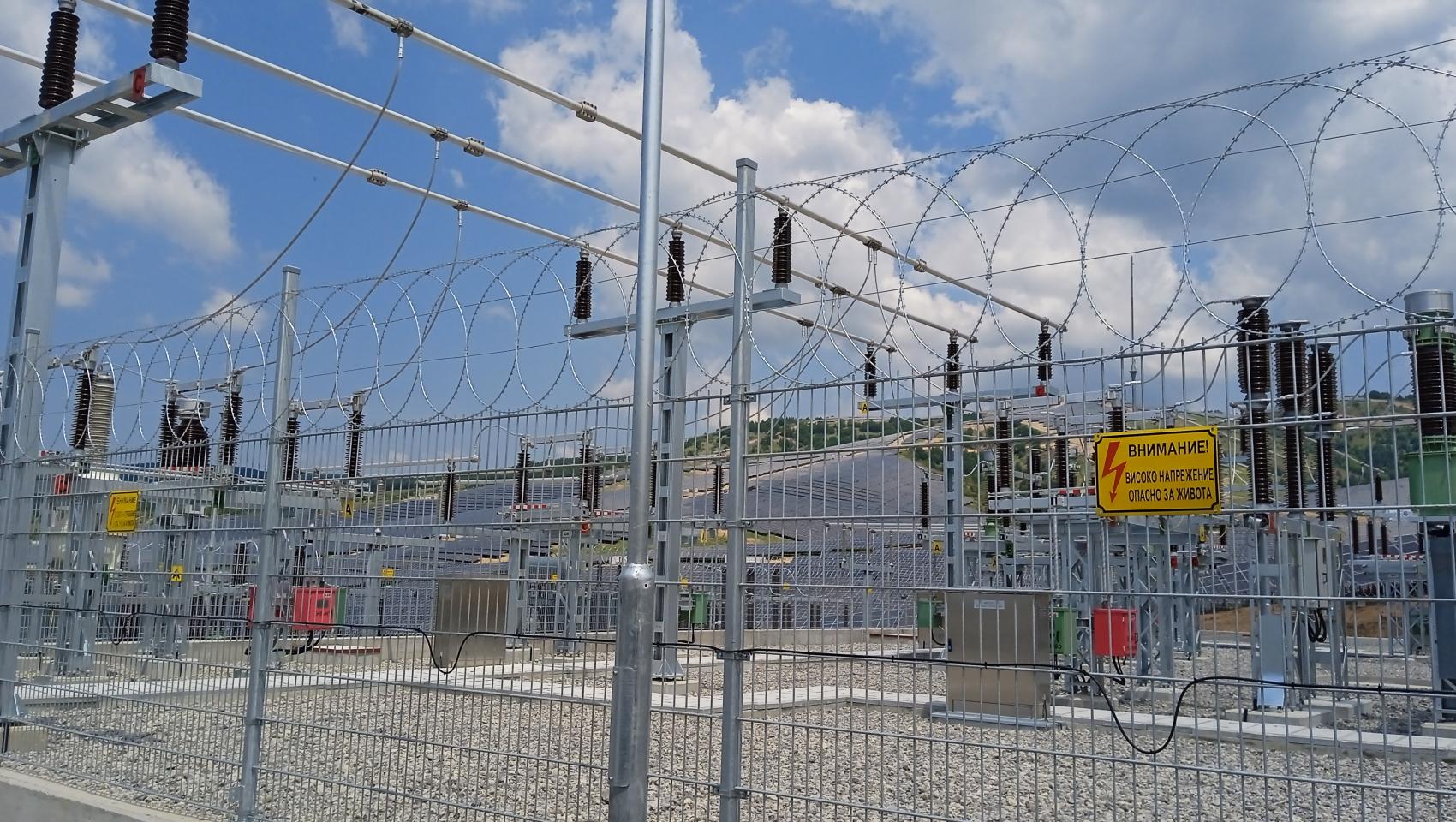Key changes to the Energy Law have been proposed for public discussion
The bill to amend and supplement the Energy Act, which regulates the steps for full liberalization of the electricity market and introduces the definition and criteria for energy poverty, is ready and has been proposed for public discussion by the interested parties. This is a key step in the reform of the electricity market, the implementation of which will ensure the next payments that our country should receive under the National Plan for Recovery and Sustainability, announced the press center of the Ministry of Energy. The project introduces the provisions of Directive 2019/944 of the European Parliament and of the Council of June 5, 2019 on the general rules of the internal electricity market and amending Directive 2012/27/EU. The draft law envisages full liberalization of the wholesale electricity market by the end of 2023, while retaining household consumers in the regulated market until 2026. The role of NEC as a public supplier is terminated and producer quotas for the regulated market are abolished, it is written in the reasons for the bill proposed for public discussion. In addition, the reasons state that the bill provides that final energy suppliers, such as universal service providers, are obliged to supply residential customers and that the latter are not obliged to change their supplier. During the transition period, final suppliers and traders will supply household end customers at regulated prices. It is envisaged that final suppliers or traders supplying household customers will purchase up to 60% of their energy needs at organized auctions under long-term contracts, using public support in the form of financial guarantees or differences, with a view to hedging the risk and providing protection against volatility of prices on the electricity market of household consumers (as they are currently using). As a general rule, the possibility of compensating household customers for the costs of purchasing electricity is foreseen within the regulatory process for the period up to 2026. Additionally, regulated household prices may be set at a level below cost for the duration of Regulation (EU) 2022/1854 of 6 October 2022 on emergency intervention to address high energy prices or in the event of a price crisis declared by the European Commission of electricity at a regional level or at the level of the entire European Union. In these cases, the costs of final suppliers and electricity traders for supplying electricity at regulated prices below cost are compensated. The bill also proposes that, before concluding an electricity supply contract or before extending an already concluded contract, energy companies provide consumers with a summary of the main contractual terms that is easily visible and formulated in a concise and clear manner. This summary includes at least information about the total price, promotions, additional services, discounts and user rights. In addition, it is proposed that final suppliers and traders of electricity offer residential end-customers the option of concluding fixed-term and fixed-price contracts and dynamic electricity price contracts - for customers with a smart meter installed. The duration of the contracts is at least one year. As it turns out, in line with the regulation allowing emergency intervention by states to deal with high energy prices, the bill provides that regulated household prices can also be set below cost during a crisis. In these cases, the costs of final suppliers and traders are subject to compensation. The developed proposals introduce a definition and criteria of energy poverty for households for the purposes of market liberalization and priority treatment of these households in the financing of energy efficiency projects. The proposal to amend the Energy Act is accompanied by a partial impact assessment and an opinion of the Council of Ministers. With regard to energy poverty, the draft law states that " Household in a situation of energy poverty " is a household that, at the current prices of energy carriers, has a disposable average monthly income per member of the household for the previous year up to the official poverty line, after is reduced by its cost for the typical energy consumption determined in relation to the energy characteristics of the dwelling and, therefore, does not have access to basic energy services for adequate heating, cooling, lighting and providing energy for household appliances. "
Източник: 3e-news.net

КОМЕНТАРИ





